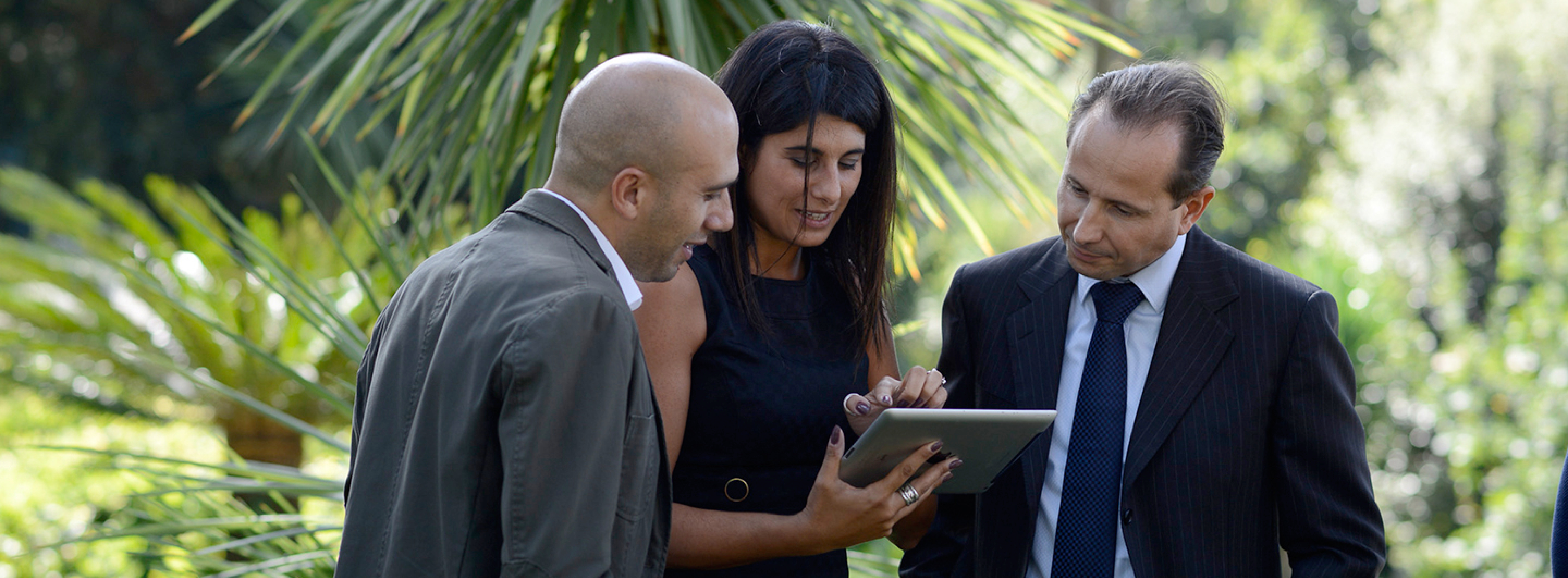Networks
GRLI – Globally Responsible Leadership Initiative – A non-profit community of companies, business schools and educational institutions, for catalyzing the development of globally responsible leadership and practice in organizations and society worldwide. Founded in 2004, it is an official partner of the following United Nations’ Agenda 2030 Sustainable Development Goals: Quality Education and Responsible Consumption and Production.
PRME – Principles for Responsible Management Education – A United Nations Global Compact Initiative, a movement transforming business and management education through research and leadership.
PIR – Positive Impact Rating – an association that aims to foster collaboration, inspire deep change and remove the competition and pressure of a traditional rating. PIR captures the voice of students to define the positive impacts of schools; move from competition to collaboration; provide a new tool for change; contribute as a lever of change to the transformation of the business school landscape.
NEXT – Nuova Economia X Tutti (New Economy for All) – Social promotion association as a network between associations, companies, public administrations, schools, universities and citizens acting for the common good and a new civil, participated and sustainable economy.
Partners
In the development of its activities related to Business School, CeSID involved several external actors, from corporates to social enterprises, to institutions, to NGOs. These partnerships bring value to the School’s research and teaching activities, and are fundamental gatekeepers through which knowledge about Sustainability, Inclusion and Digitalization values can overcome School’s walls and be spread through conferences, workshops, student involvement and financial support to partner activities.
Here it follows a list of our partners:
- Action Aid an important association promoting international child sponsorship and events attracting interests on human rights, but also a fight against inequalities.
- Amref one of the largest NGOs working in Africa, committed to the improvement of healthcare.
- ASHOKA, a global organization identifying leading social entrepreneurs and investing in them, valuating the most innovative and practical ideas.
- Bimbi & Co, an association aiming at the spread of awareness about generalized ailments linked to human development, language, learning in the phase of the evolution age.
- Come un Albero, integration, disability and social communication are the key points on what this association, established in Rome since 2004, works.
- Community of Sant’Egidio, a worldwide movement of lay people, based on solidarity and dialogue, for keeping peace and fighting poverty.
- Community of San Patrignano, born as a rehab center for drug addicts, giving them and their families the chance to live better, free from addiction.
- Economia Carceraria E-commerce website for the collection, distribution and sale of food and manufacturing products realized in all the Italian jails spanning the projects to create new job places and reintegration for inmates.
- ELIS, non-profit educational organization with a focus on personal development and job quality improvement. It addresses young people, practitioners and enterprises in the effort to fill the gap between school and work, youth unemployment and sustainable development of organizations.
- Energia per i Diritti Umani association dealing with international cooperation and development, education and social awareness in Senegal, Gambia and India.
- Fair Legals: a law firm available to host young artists’ shows and expositions, in order to both making them know as performers and promoting art, legality and human rights.
- Humanistic Management, association aiming at spreading a humanistic approach to management, sustaining the principles of human dignity, common good, solidarity and subsidiarity.
- Hummus Town a catering service completely managed by Syrian refugees, matching the chance to work independently and to start an upstanding new life, far from the horror generated by war.
- Interlogica, tech company working on the implementation and integration of heterogeneous information systems with cutting-edge technologies, facing complexity for giving back to customers evolved solutions.
- KUKUA, a startup company leveraging new media and technology to empower children to learn through engaging experiences.
- Made in Carcere, a social enterprise producing food, but mainly fashion objects from recycled materials, inside Lecce’s jail. It is active part of the larger context Economia Carceraria described above.
- Marketplace Etico, an online store of organic products, with an annexed blog aiming to spread a sustainable culture.
- Save The Children, one of the leading world organizations which commitment concerns a wide range of themes: health and nutrition, poverty, education, human rights and protection.
- UNICEF, the United Nations program providing humanitarian and developmental assistance to children and mothers worldwide.
In wider terms, behind every partnership there is a basic point of view: students should become leaders for a better world. That is why we strongly believe that education about sustainability carried out by CeSID must be developed along the lines set by the international community of Business Schools and educators sharing this view.
Beyond teaching, all partners help CeSID to have access and study organizations and phenomena more in depth, at the crossroad among business, social impact, and environmental footprint, creating a privileged space for the development of research which shaped case studies, papers, international and national publications, academic conferences, and continuous exchange between international and national scholars active in the scope of Sustainability, Inclusion and Digitalization values.
This extended cooperation with partners also contributes to the outreach about what links sustainability to business, increasing the University connection to the society.














